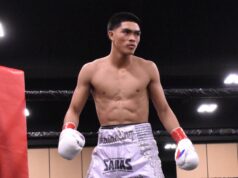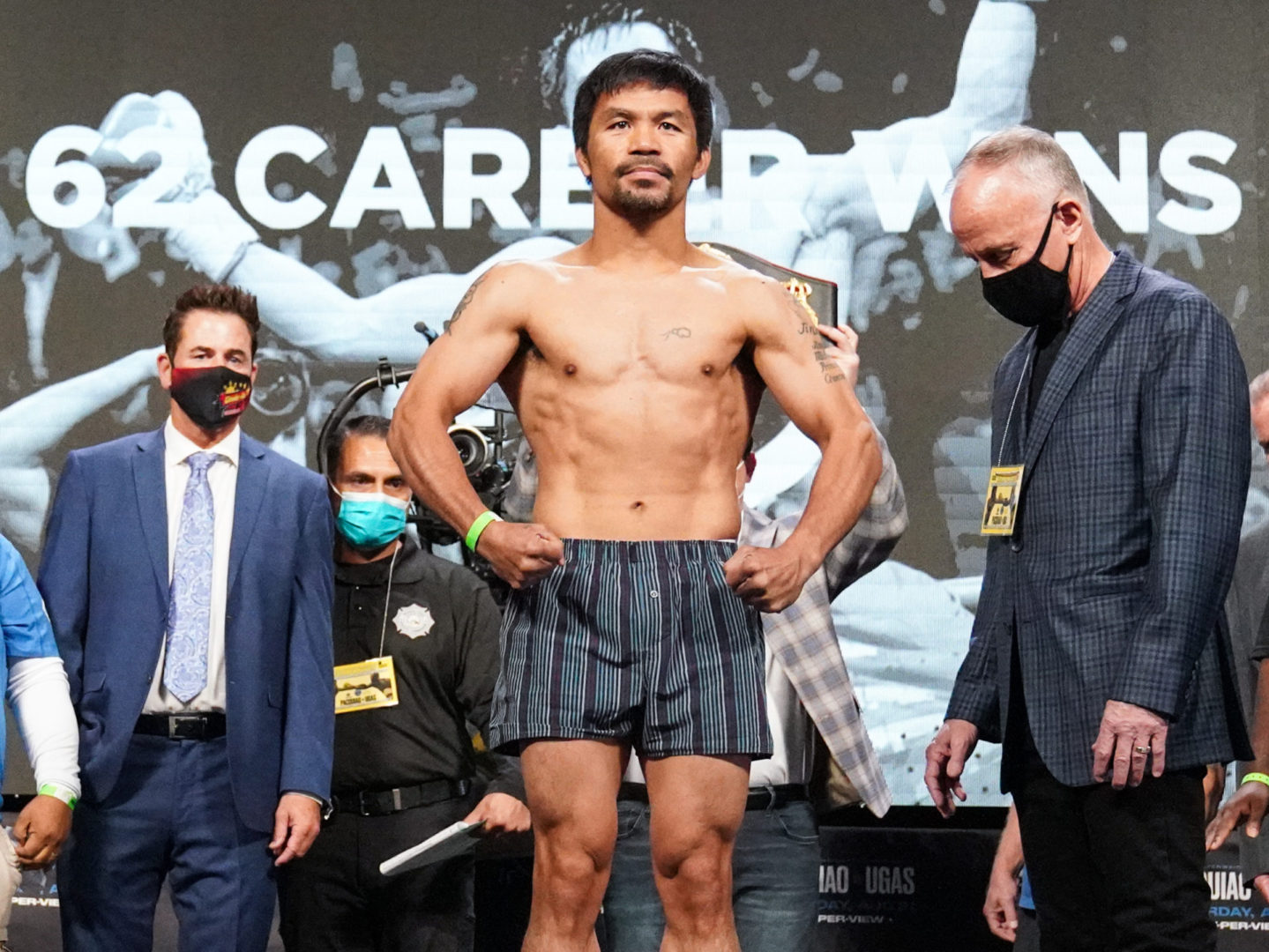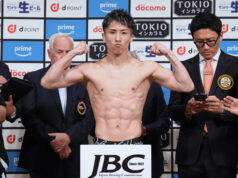By Jimmy Tobin-

Jermall Charlo, the more aggressive, harder punching of Kevin and Terrie’s twin boys, climbed the ropes of the USC Galen Center in Los Angeles last December and hurled rhetorical questions about his dominance at a crowd reeling still from the spectacle of his worst intentions. Behind him, silent and humbled, Julian Williams gathered whatever of himself Charlo had not forever claimed.
That moment defined not only Jermall but also Jermell, the smoother boxing twin who in the aftermath of his brother’s violent arrival was relegated to being the other Charlo, the one that, whatever his merits and accomplishments, would for the time being be distinguished by accolades either absent and another’s. Frustrating that, as any brother can attest; and that frustration is only exacerbated when the proving grounds are shared. Any fighter would want a moment like the one Jermall enjoyed against Williams, and who amongst us wouldn’t be overjoyed to watch his brother awash in the glory of such a triumph? But surely, Jermell the competitor, the man who his entire life has been measured, sometimes even literally, against his twin, wished he too could be individualized in the crucible.
Saturday night, at Barclay’s Center in Brooklyn, Jermell got his chance. His opponent, undefeated Erickson Lubin, a one-time Olympic medal hopeful who passed on potential gold for real green. Like Williams, Lubin shied not at all from declaring his expectations of victory and had become a trendy upset pick in part because he was Charlo’s opponent. And like Williams, Lubin was left groping his way through the din of broken synaptic dialogue. It took Charlo less than a round to jab Lubin into place for the uppercut that made fools of Lubin’s handlers and, more importantly, made Charlo more than the other brother.
Twinning his brother again, in the aftermath of this defining victory Jermell spoke heatedly of payback, of what rage smoldered behind his prefight silence, how he had yearned for the opportunity to punish Lubin for his insolence. That talk, as it was with Jermall, is being branded by some as classless, as beneath the sport. Very well, let people selectively apply such standards of decency, tenuous moral superiority being the currency of the times. They should know, however, that such criticism leads back to the Charlo interview that birthed it, the context of that interview, and, inevitably, the punch that gave Charlo such license. Rest assured, Charlo would happily have critics trace that origin story for any purpose they like.
What is interesting about both brother’s vitriol is how fabricated it seems. Indeed, it was their silence in the build-up to their biggest wins that is out of place: rarely do fighters, irrationally confident, bulwarked against doubt, concede more than the possibility of attrition (and the nod to their opponents couched therein). Why are the Charlos so incensed by typical cliche? Surely they do not expect men similarly constituted to speak otherwise? Brotherhood is as likely an explanation as any other; that blood bond uniting them against their undoing and demanding that each brother meet the standard set by his kin. It is perhaps this motivation that helps explain why the brothers have similar trajectories of improvement, why their biggest challenges have produced their finest moments.
The counterexample, mind you, is obvious. Given the opportunity the Charlos would relish, the Klitschko brothers avenged one another, each hanging defeats on his sibling’s conqueror. The honor of the family name restored, Wladimir and Vitali seemed mostly drained of animus; their vengeance a sort of debt settlement, more arithmetical than existential. However malicious—and here Vitali made clear a striking sibling difference—there was none of the rage or frenzy that has marked the Charlo’s recent performances. A certain nobility born of perspective characterized the Klitschko’s (though one not without its lapses); one gets the sense they saw themselves always as mere participants in a sport, bloody as that sport may be.
For the Charlos however, everything is personal. Could you imagine either of them outsourcing their vengeance to their brother and finding any satisfaction in get back not wrought of their own hands? Or being as philosophical about a draw as Gennady Golovkin and Saul Alvarez were in what was supposed to be the highest stakes fight on American soil this year? Is it not difficult to envision either brother even touching gloves with an opponent? For years they were twins first, fighters second, a biological gimmick foisted on the public by an entity long reviled. It should come as no surprise then that having arrived as individuals and together they are indifferent to—even incredulous before—demands for decorum. Their conduct has, somewhat ironically, blurred the distinction between the brothers, though the fighting the expectation remains the same for both: ill-will artfully applied. They are the permanently insulted responding in kind, with a dash of injury thrown in for emphasis.
Pride and pridefulness are not for everyone, of course, and even those who persist in their appreciation of a near outlaw sport predicated on exploitation and the quickening of ends can have their delicate sensibilities. But honesty is something most everyone can appreciate. And is there anything more honest in sport than a man motivated by things greater than himself, armed only with his fists, endeavoring to leave every threat to his livelihood, his family, his name, in utter crisis? The Charlos will tell you no, and may not understand any answer to the contrary. May they never change.











